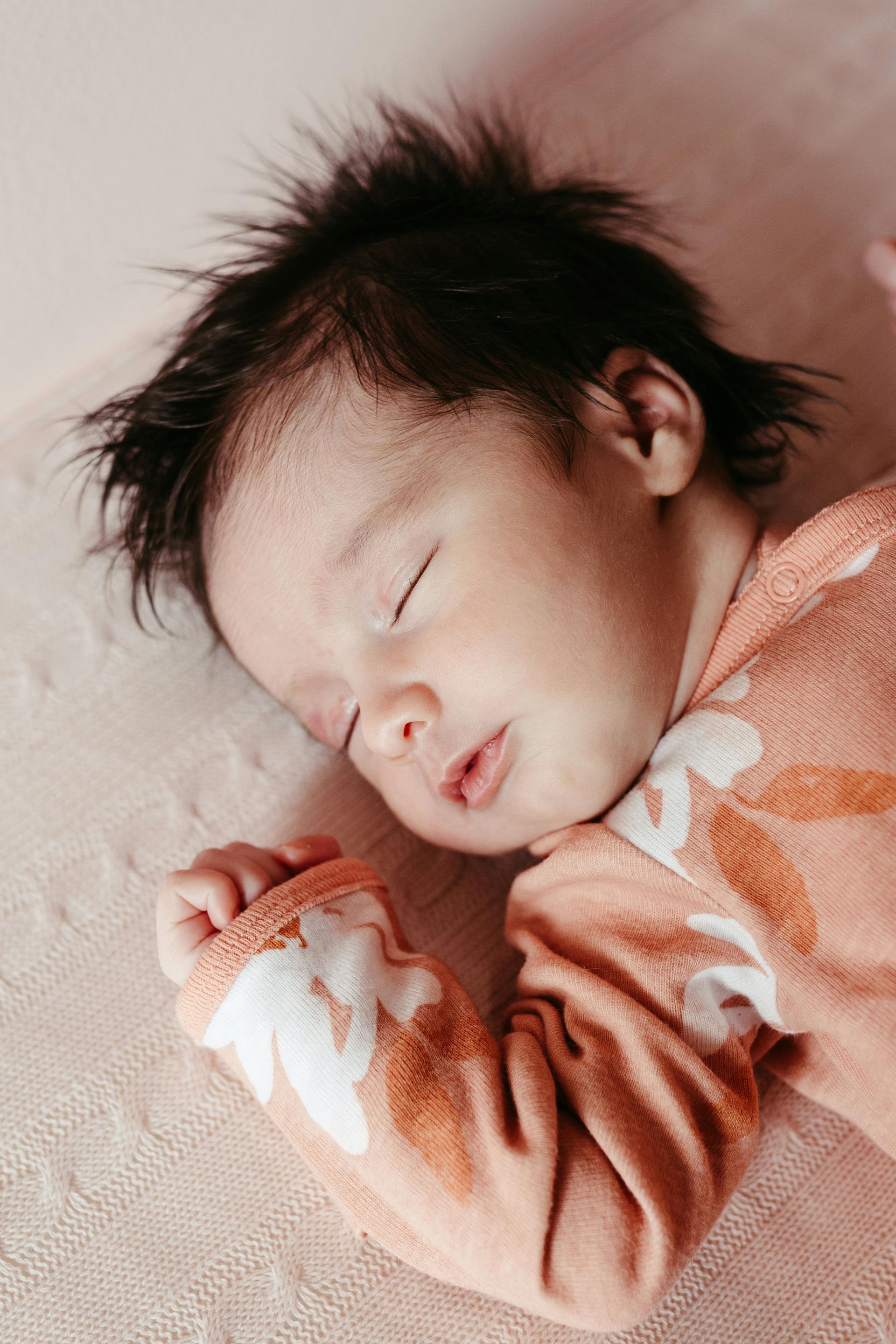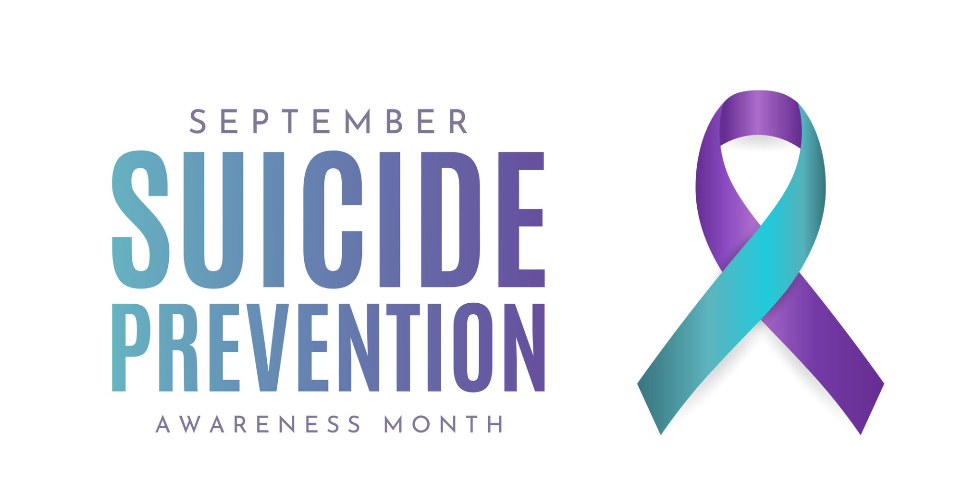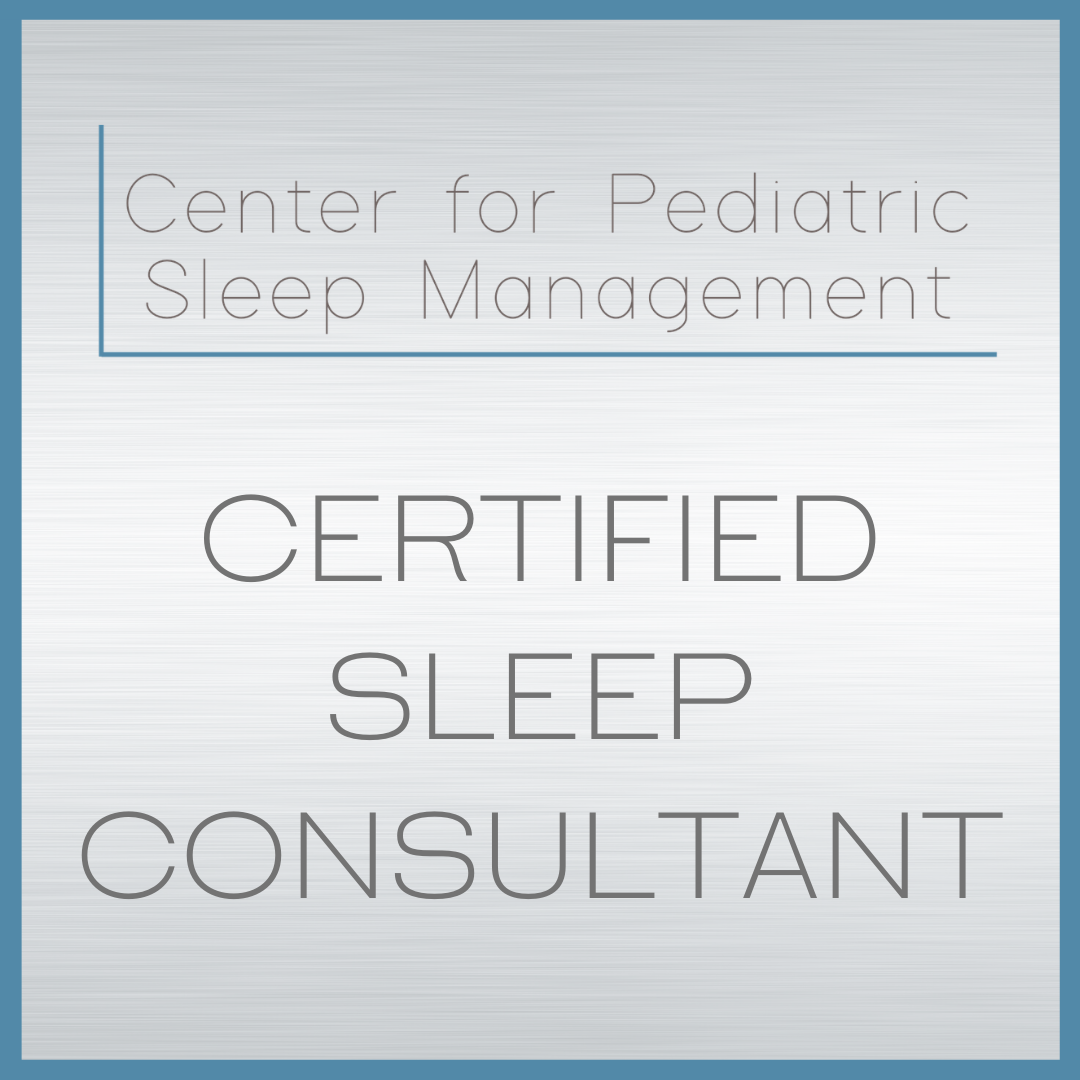Why Your Baby’s Sleep Schedule Might Not Go As Planned (And Why That’s Okay)
Understanding Wake Windows and Why Rigid Schedules Don't Always Work for Your Baby's Sleep

Sleep Needs Evolve
As your baby grows, their wake windows gradually lengthen and this means their routines will change too. Flexibility is key. Your baby might stick to a pattern for a few weeks and then suddenly start resisting a nap, waking up earlier, or needing longer to fall asleep.
This isn’t failure. It’s growth.
And the good news? If your baby knows how to fall asleep on their own, these transitions become so much smoother.
Independent Sleep: The Game-Changer
Sleep isn't always going to be perfect. There will be regressions, illness, teething, travel, and life events that throw things off. But when your child has the skill of independent sleep, the bumps are usually minor and short-lived.
What do I mean by “independent sleep”?
It means your baby can fall asleep and return to sleep on their own without needing rocking, feeding, bouncing, holding, or you lying next to them every time they wake.
When those sleep associations are removed and your baby learns to self-settle, you give them the tools to adjust to new schedules, wake windows, and routines with more ease.
Long-Term Sleep Success for the Whole Family
A baby who can fall asleep independently doesn’t just sleep better, they also transition better. That means fewer disruptions when sleep needs shift, and less stress on your end trying to figure out how to fix it.
No, sleep won't be perfect 100% of the time. But it can be pretty darn great.
Struggling with your little one’s sleep? I can help!
Set up your free 30-minute consultation today and let’s talk about how I can help bring sleep back to your home.
Not ready for 1:1 support?
No problem. Sign up for my newsletter and get free tips straight to your inbox every week.




